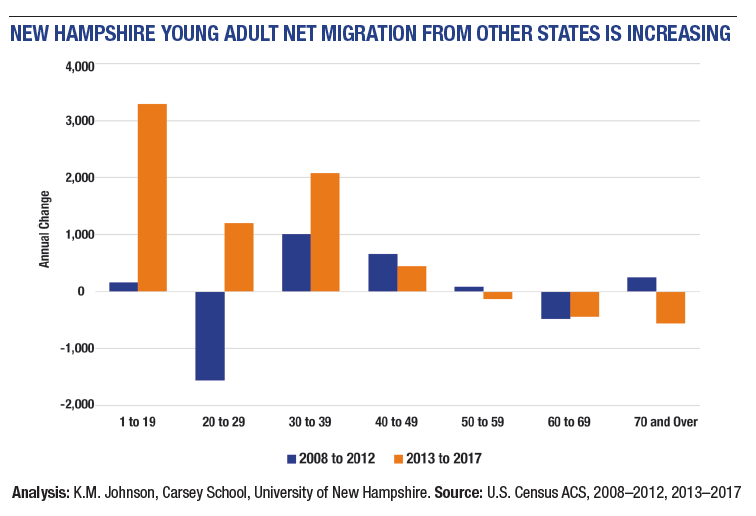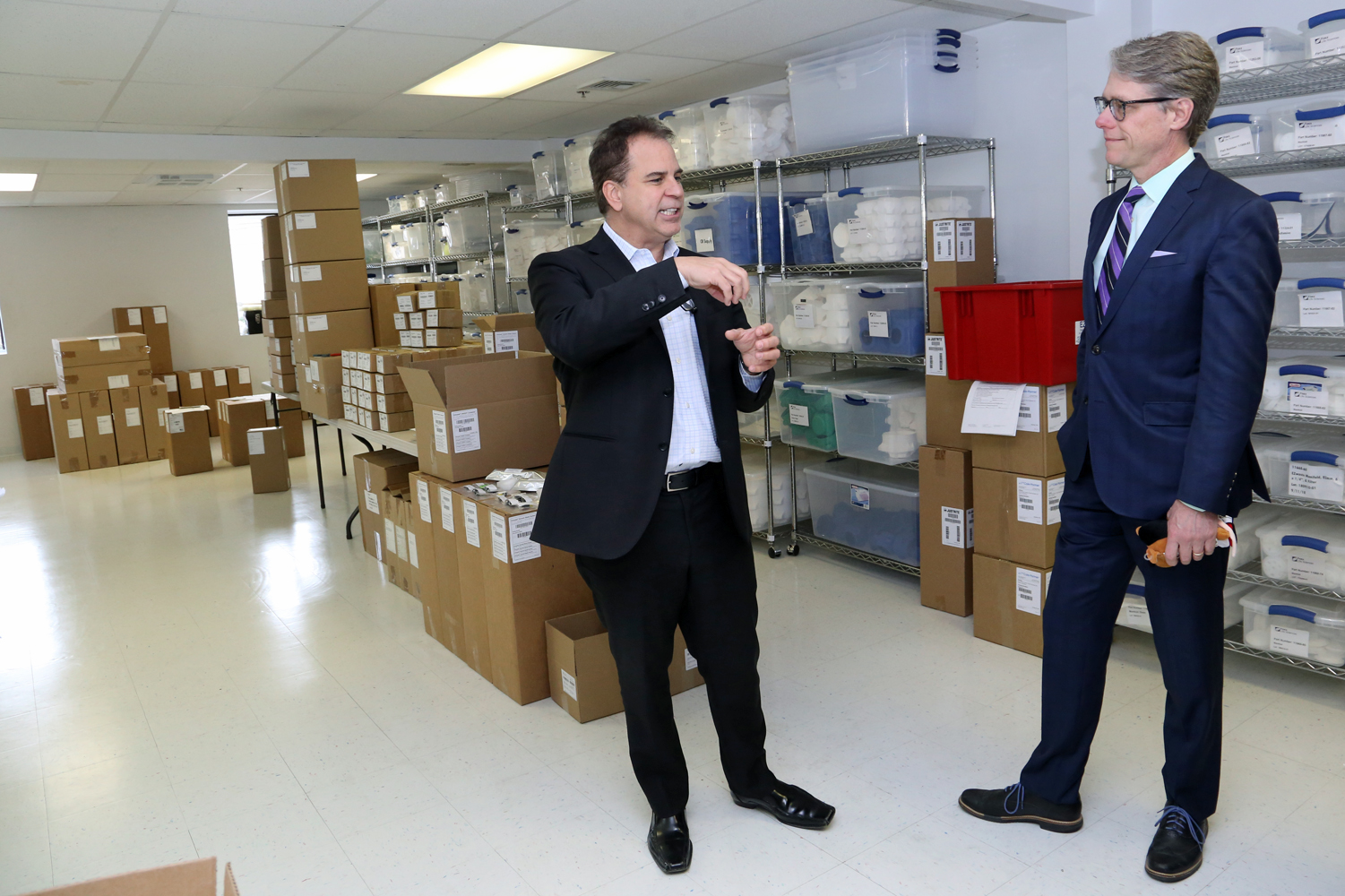The most recent state jobs report notes that 763,040 New Hampshire residents are employed in the Granite State, and unemployment rates had reached 2.5 percent – a low that has not been reached since August of 1988.
“Thanks to the strategic initiatives that New Hampshire has made, and our pro-growth, pro-jobs focus, more Granite Staters are working than ever before in the state’s history,” said Gov. Chris Sununu. “As New Hampshire’s unemployment rate remains well below the national average, it’s clear that we continue to set the gold standard for the rest of the country. Our strong, thriving workforce will serve as a solid foundation for further economic development.”
Department of Business and Economic Affairs Commissioner Taylor Caswell added, “Today’s economic news continues the positive trends of the past few years relating to the labor force; demographics; migration; exports; unemployment, and capital investment.
“We can say with confidence that New Hampshire’s economy remains highly competitive and will continue to attract top talent and world class employers.”












